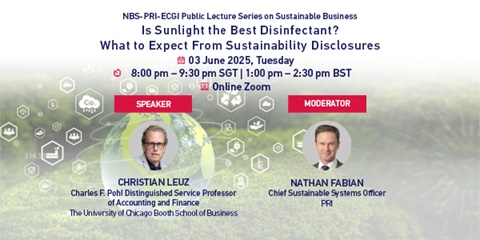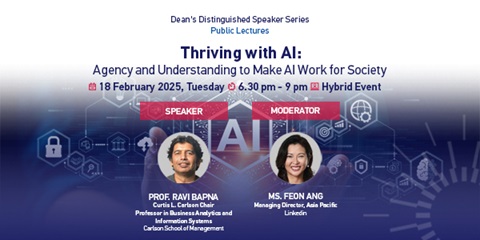Users build connections on LinkedIn, but risk oversharing
Networking site LinkedIn has carved out a niche as a one-stop portal for workers to host resumes, discover like-minded peers, apply for jobs and learn new skills.
The website, which has around three million users from Singapore, has crafted a unique culture.
Users weave their personal lives and beliefs into career discussions, amid shifting work norms that blur personal and professional life, and this has been hastened by the pandemic and a yearning for authenticity, said observers.
One such user is aspiring psychologist Sheryl Lim, 19.
The Eunoia Junior College graduate joined the platform in 2021 to seek career opportunities, but has since built up a following of more than 1,300 with her posts on gender equality, mental health and education accessibility.
One of her most popular posts, with over 400 likes, talks about crowdsourcing a guide to public mental healthcare services here.
"I trust in the nature of the platform that people are morally just, and would contribute to the wider discussion of social issues," said Ms Lim.
Yet, users may run the risk of revealing too much about their inner selves on a platform aimed at career advancement.
"There has been a trend of people sharing about broader topics and, in some instances, posting emotional posts and pictures of themselves crying, or oversharing intimate details such as their sex lives," said Ms Crystal Lim-Lange, chief executive of leadership consultancy Forest Wolf.
Ms Lim-Lange has more than 21,000 followers on LinkedIn.
The trend may stem from a "more flexible and porous world of work", where the lines between personal and professional domains are increasingly blurred, said Associate Professor Trevor Yu of the Nanyang Technological University.
"Hence, people either have no qualms about occasionally bringing their private lives into a public domain, or have trouble distinguishing between both domains."
Dr James Kwan, a career coach with talent consultancy Lee Hecht Harrison, said users are increasingly straddling a "grey area", talking about their private lives, but in relation to work.
Some career-related topics, such as mental health and cautionary tales of toxic workplaces, may involve personal anecdotes, he noted.
Prof Yu noted: "There is growing recognition that social media activity accrues visibility. In a digital economy, such sharing can be an important tool to manage career networks and progression."
So how best should workers choose what to talk about?
Ms Lim-Lange said: "When people overshare content that is not related to their professional image on LinkedIn, the key question is whether the content adds value for others: Is it educational, inspirational or insightful?"
What is appropriate varies with a user's job, she added. "For example, for a relationship counsellor, it may be relevant to share content about sex and intimacy, as that's part of their expertise," she said.
Personal anecdotes should be used purposefully, said Singapore Management University undergraduate Tess Ang, 23, who has been posting about investing and self-development on LinkedIn for about three years.
"I try to share ideas that are actionable, motivational and authentic. Personal stories I share must have a lesson," added Ms Ang.
"I think if you're starting an honest and respectful conversation on a topic of some general interest, the way you might over a business lunch or a professional panel discussion, LinkedIn is the appropriate platform," said lawyer Stefanie Yuen Thio, joint managing director at TSMP Law Corporation.
But ham things up too much, and you can come across as oversharing, boastful or inappropriate, said LinkedIn users and observers.
Prof Yu noted that employers doing background checks on job candidates are likely to steer away from people who are associated with controversy on social media.
"There is also the risk of unintentionally sharing information that may be considered confidential or proprietary, which could land the individual or employer in legal trouble," he said.
Ms Pooja Chhabria, Asia-Pacific head of creator management at LinkedIn, said "what it means to be professional" is changing.
Global trends, such as workers navigating new ways of work during the pandemic and workers seeking more fulfilling jobs with greater flexibility, very often impact personal lives too, she added.
"These trends are sparking a change in the conversations about work," she said.
TO SHARE OR NOT TO SHARE
When people overshare content that is not related to their professional image on LinkedIn, the key question is whether the content adds value for others: Is it educational, inspirational or insightful?
"Now, we're seeing a shift to more learnt professional experiences, such as how to build a business plan. There was a two times increase between July 2021 and July 2022 in members engaging in posts that share helpful knowledge, ideas and advice on improving how one works."
Ms Chhabria said LinkedIn's goal is to connect people to opportunity, which entails "conversations rooted in knowledge and insights that help people advance in their careers", not just entertainment.
Source: The Straits Times



.tmb-listing.jpg?Culture=en&sfvrsn=8b2cb369_1)



